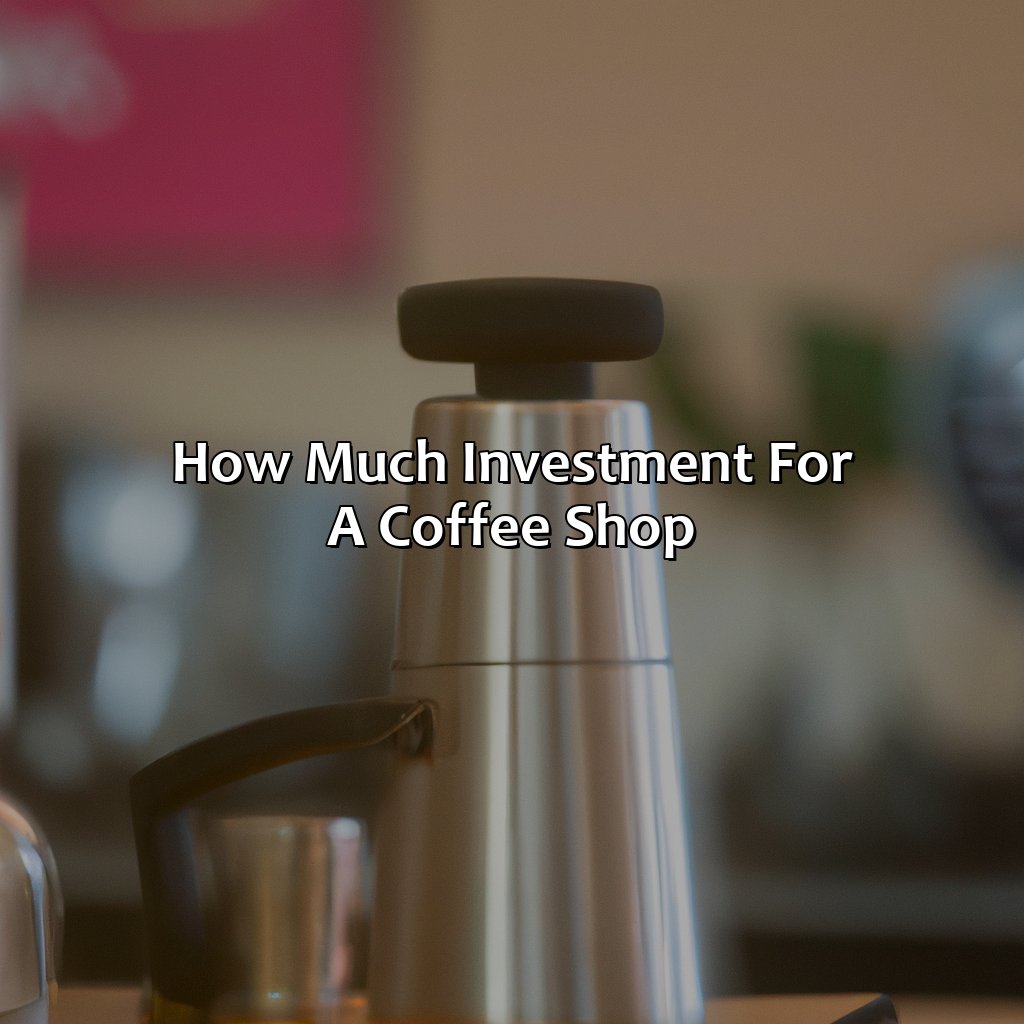How Much Investment For A Coffee Shop?
Key Takeaway:
- Initial investment costs for a coffee shop can range from $80,000 to $250,000, depending on the size and location of the shop.
- Equipment and supplies expenses will also vary depending on the type of equipment and quality of supplies used. It’s important to invest in high-quality equipment to ensure consistency and efficiency in operations.
- Rental and lease costs may be a significant expense, particularly in high-traffic areas. It’s important to negotiate favorable lease terms and consider factors such as foot traffic, visibility, and local competition when choosing a location.
Are you considering starting a coffee shop but overwhelmed by the financial burden? Don’t worry, this article will guide you through understanding how much investment you need to start a coffee shop. You’ll be equipped with the knowledge and confidence to make the right decisions for your business!
Initial Investment Costs
Investment Costs for Your Coffee Shop
Starting a new coffee shop requires a significant amount of investment, which should be carefully planned to ensure business success. Here’s what you need to know about the investment costs.
- Location: The cost of your location is the most significant factor in determining your investment. From rent to utilities and equipment installation, your location will require a substantial investment to be up and running.
- Equipment: From coffee grinders to espresso machines, you will need a variety of equipment to make high-quality coffee. Therefore, equipment cost is a crucial investment in your coffee shop.
- Staff: Your staff will require salaries, training, and benefits, which will add up to your initial investment costs. It’s essential to have skilled staff to offer customers an enjoyable experience.
In addition to these essential investments, you will need to consider other expenses like inventory, permits, marketing, and branding.
To avoid missing out on business opportunities, it’s crucial to invest in your coffee shop strategically. Seek out advice from professionals in the coffee industry and make informed decisions about your investments to achieve maximum profitability.
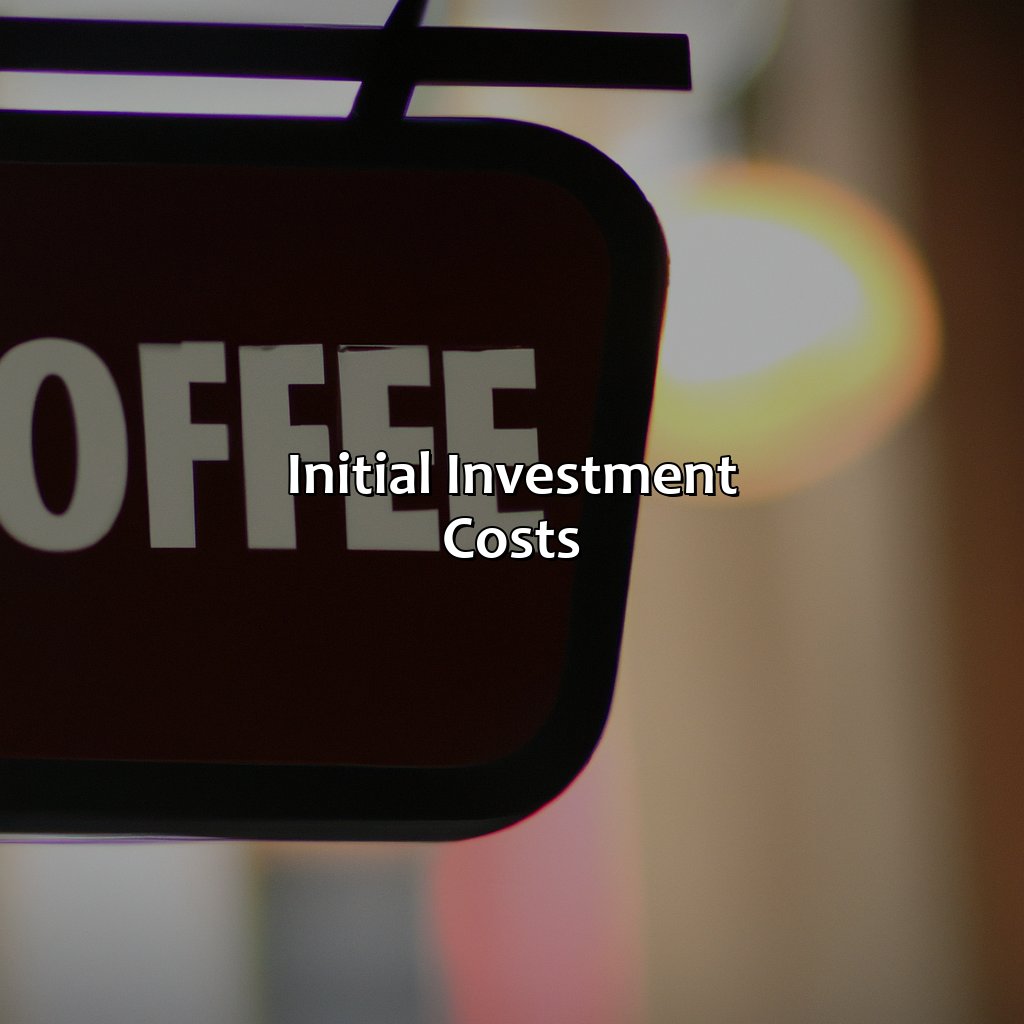
Image credits: retiregenz.com by Joel Duncun
Equipment and Supplies
In the coffee shop business, having the appropriate Equipment and Supplies is crucial for success. Here’s what you need:
- A commercial-grade espresso machine to produce quality coffee drinks. Expect to pay between $5,000-$20,000.
- A coffee grinder to ensure fresh and consistent espresso. Costs range from $200-$2,000.
- Refrigerators to store perishable liquids, milk, and food items. Prices are typically $500-$2,000.
- Cups, napkins, lids, straws, and other necessary disposables can cost anywhere from $500-$1,500 per month.
- Decor and furniture for the shop, including tables, chairs, and lighting will typically range from $10,000-$50,000.
It’s also important to note that investing in quality equipment and supplies can save on maintenance and replacement costs down the road.
Furthermore, it’s recommended to purchase from reputable suppliers for consistency in quality and service. Being transparent with customers on your sourcing and equipment can also build trust and loyalty.
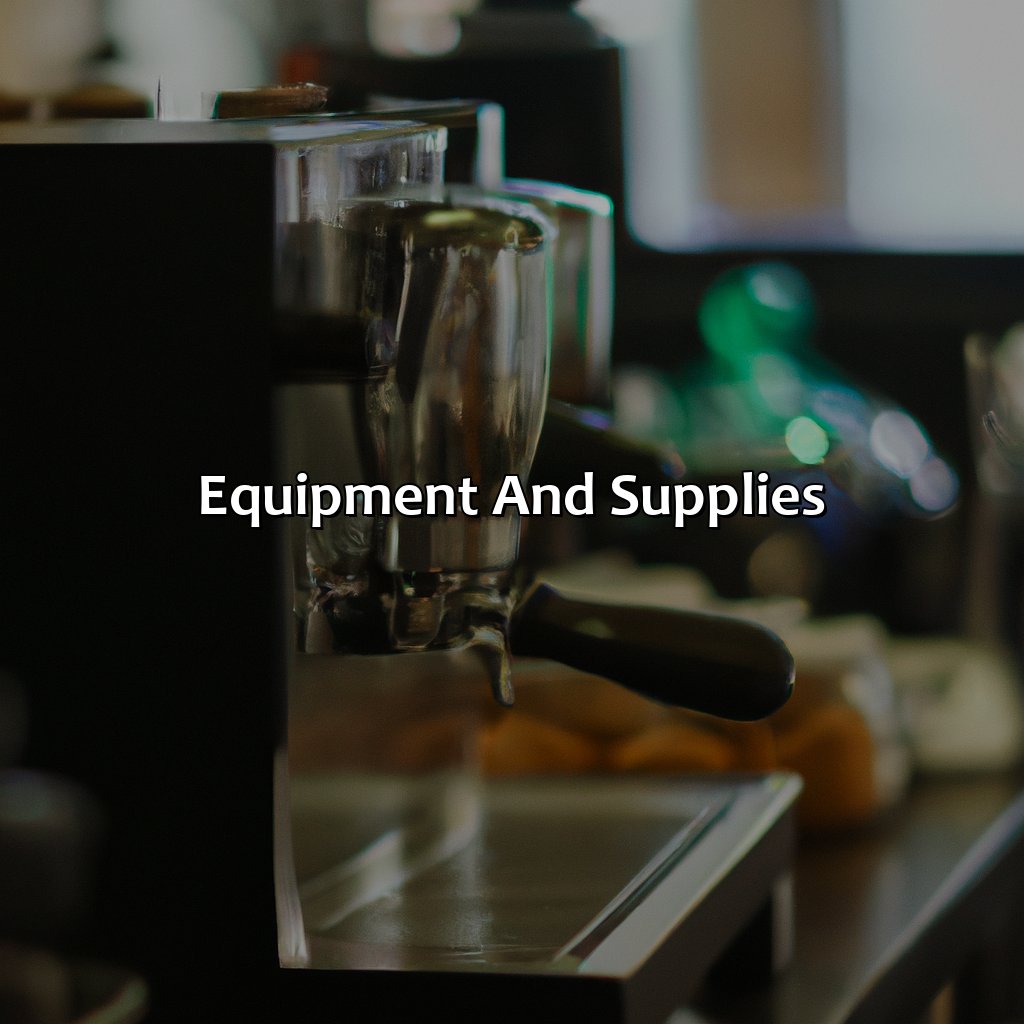
Image credits: retiregenz.com by Yuval Woodhock
Rental and Lease Costs
In the context of opening a coffee shop, the expenditure on acquiring a suitable space is a key factor. The costs for renting or leasing a property vary depending on various factors, such as location, size, and duration. Therefore, determining the right location for the shop is crucial.
For Rental and Lease Costs, here is a table that breaks down the expenses based on location and size.
| Location | Size (sq ft) | Monthly Rent/Lease |
|---|---|---|
| Downtown | 500 | $4,000 |
| Suburb | 1,000 | $2,500 |
| Rural | 1,500 | $1,500 |
It is important to note that these costs are only estimates and may vary based on the specifics of each property. Selecting the right location that meets the needs of the business, while remaining within budget, is essential.
Pro Tip: When evaluating rental or lease options, consider negotiating with the landlord or property owner to explore cost reductions or other benefits such as free rent periods.
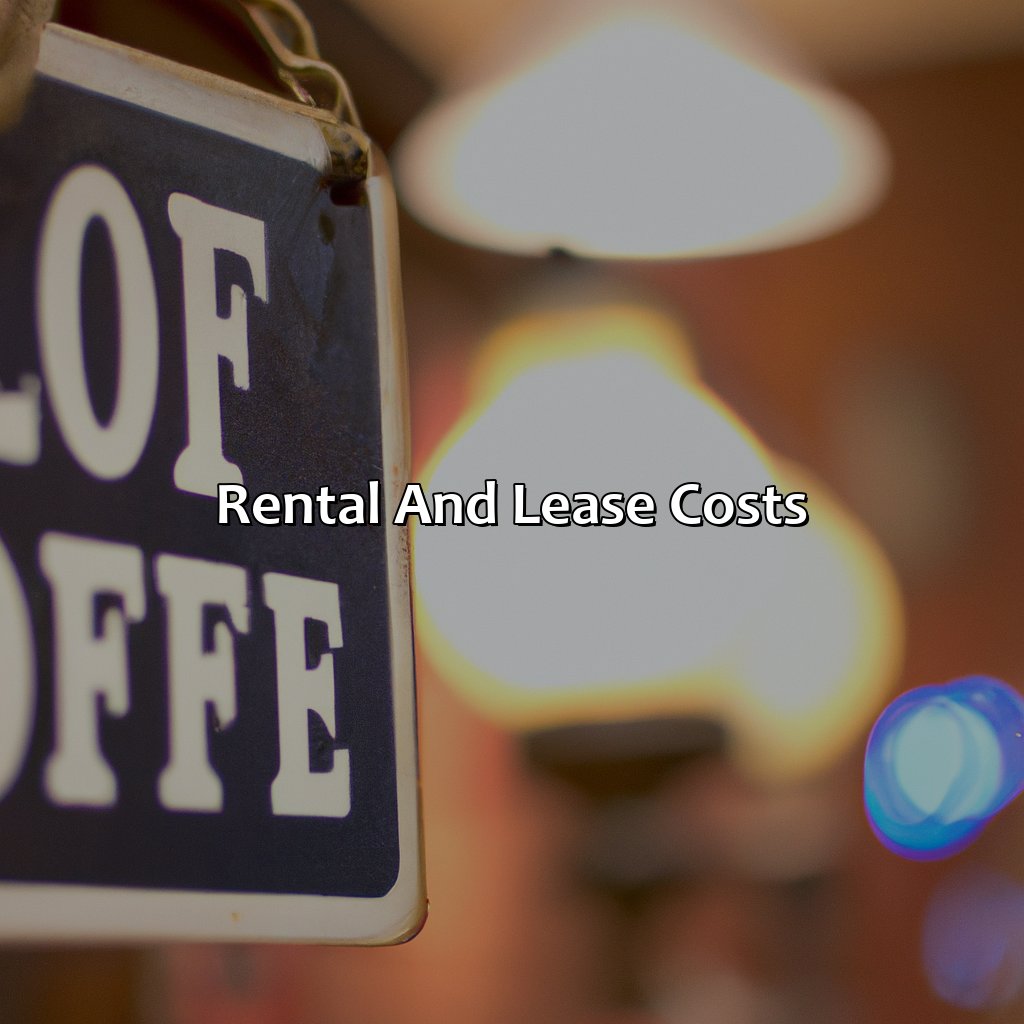
Image credits: retiregenz.com by David Jones
Licenses and Permits
For starting a coffee shop, acquiring licenses and permits is crucial. Legal documentation helps in compliance with local and state regulations. Here is a table illustrating the same:
| Licenses and Permits | Cost |
|---|---|
| Business License | $50-$1000 |
| Employer Identification Number (EIN) | Free |
| Food Service Permit | $100 – $1000 |
| Health Department Permit | $100 – $500 |
| Sign Permit | $25 – $100 |
| Music License | $250 – $500 |
It is important to note that some permits and licenses like the Food Service Permit and Health Department Permit may have annual fees. Furthermore, obtaining a license may take additional time and effort.
It is essential to consult with the local Small Business Administration and/or legal counsel for a full understanding of the legal process and requirements.
A local coffee shop owner once shared their experience of not obtaining the correct signage permit, resulting in a hefty fine levied by the local government. Not only did it affect the finances but also resulted in a poor reputation. Thus, obtaining the correct permits and licenses is vital for the success of any coffee shop business.
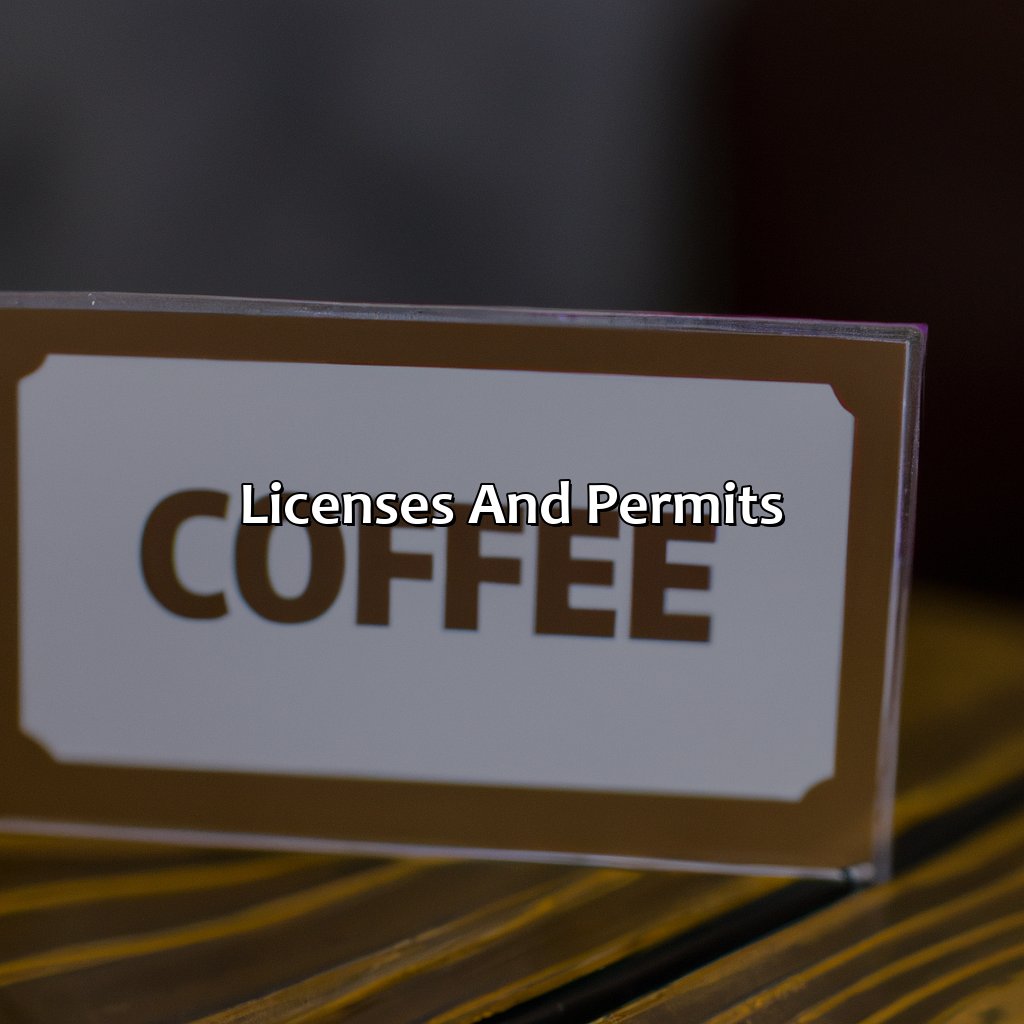
Image credits: retiregenz.com by David Duncun
Employee Wages and Benefits
Exploring Payroll and Perks for Staff
When running a coffee business, it is important to consider the compensation and benefits for your employees to maintain a happy workforce and reduce high turnover rates.
Here are the top 6 factors to consider when deciding on employee wages and benefits for your coffee shop:
- Industry norms: Research average salaries for baristas and other positions in your area.
- Experience level: Offering slightly higher compensation for experienced and skilled workers can attract top talent.
- Benefits: Consider offering health insurance, paid time off, and other perks to increase employee retention and satisfaction.
- Cost of living: Take into account the local cost of living to ensure that your employees can afford to work for you and live comfortably.
- Training: Providing comprehensive and ongoing training can increase employee skill levels and job satisfaction, leading to better customer service and repeat business.
- Flexible scheduling: Offering flexible hours and accommodating personal needs can improve employee morale and loyalty.
In addition to these considerations, it’s important to remember that competition for skilled baristas and other coffee shop staff can be fierce. Offering above-average compensation and a positive work environment can help set your business apart and attract the best talent.
One coffee shop owner found that investing in employee training drastically improved the quality of their coffee and customer service, leading to a significant increase in sales and customer satisfaction. By prioritizing their employees’ development and well-being, they were able to build a successful and thriving business.
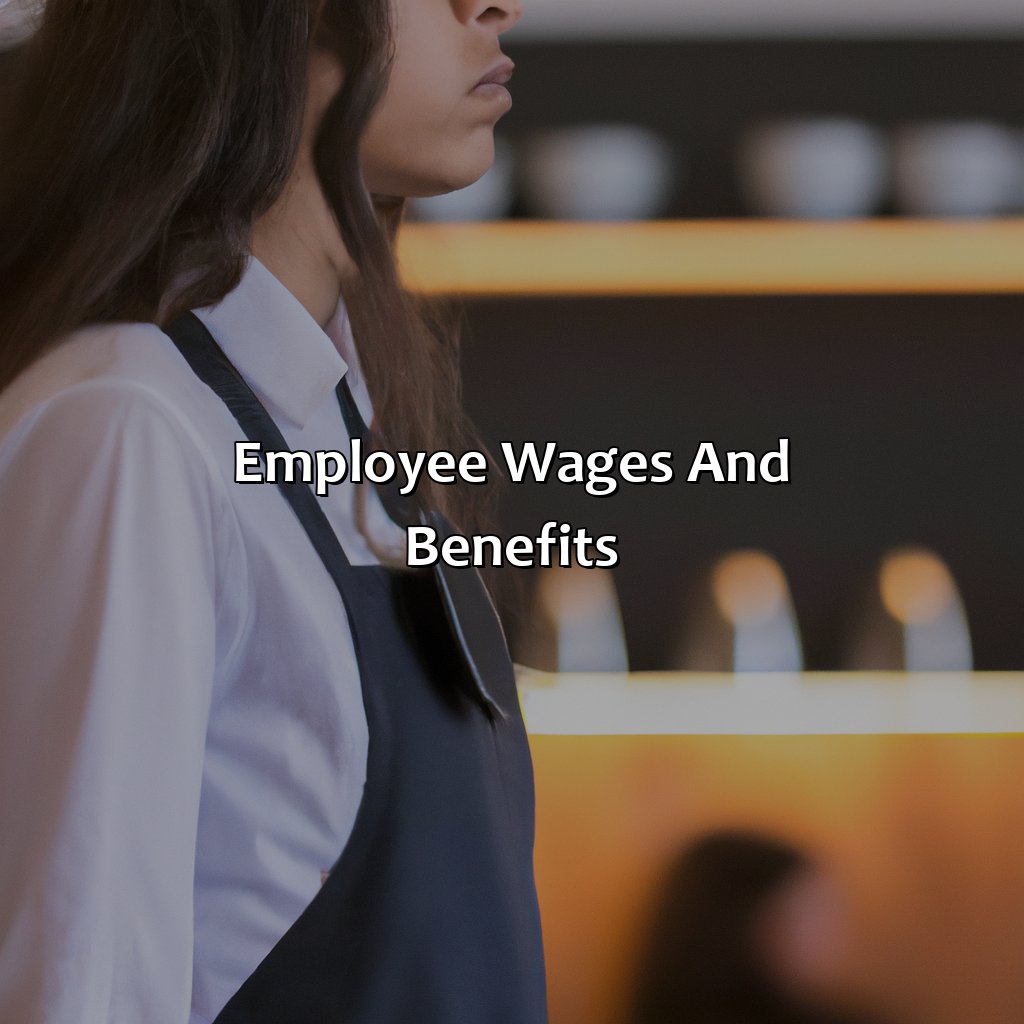
Image credits: retiregenz.com by David Duncun
Marketing and Advertising Expenses
Marketing and Promotion Expenses:
To make a coffee shop a success, investing in marketing and promotion is crucial. Allocating funds for marketing campaigns, such as social media advertising, email marketing, and influencer collaborations, is essential to increasing brand awareness and attracting customers. It’s also essential to consider the cost of creating and printing physical marketing materials, such as flyers, business cards, and menus, as well as the cost of creating and maintaining a website.
In addition to these expenses, it’s important to consider the cost of promotional events or collaborations with local businesses or events. Utilizing word-of-mouth marketing, such as encouraging customer reviews and offering loyalty programs, can also be an effective and cost-efficient way to attract customers.
A unique aspect of the marketing and promotion expenses is the ability to customize the campaigns to match the brand’s personality and target audience. Expending time and resources to find the most suitable promotion can lead to a high return on investment and long-term success.
A true story revealing the importance of marketing and promotion is that Starbucks initially struggled to build a customer base in Australia when they opened their first stores in 2000. However, they invested in marketing campaigns that focused on educating customers about espresso-based beverages, and within a year, their sales had increased significantly, leading to a successful long-term presence in the Australian market.
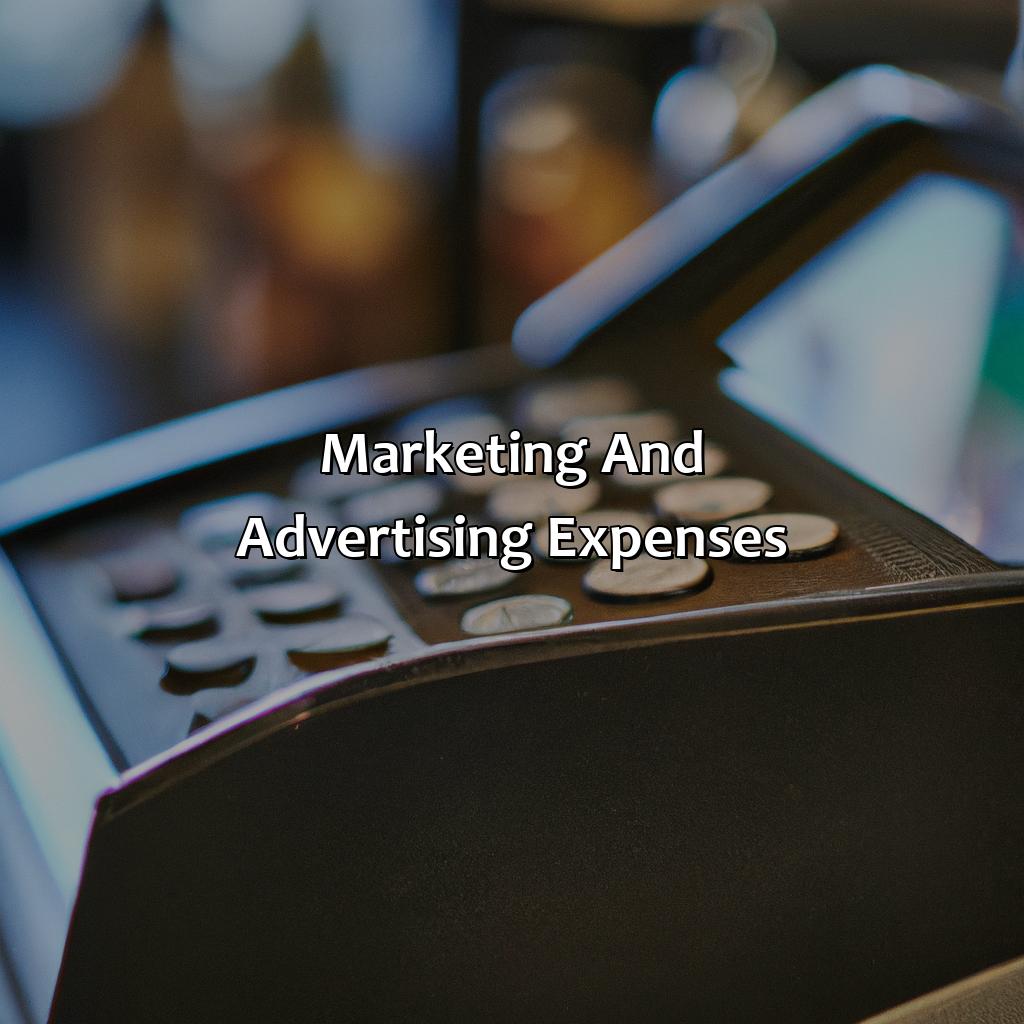
Image credits: retiregenz.com by James Woodhock
Utility and Operational Costs
Utility and Operational Costs are an inevitable part of setting up a coffee shop. Here’s a breakdown of the costs that need to be considered for a successful operation.
| Type of Cost | Example Cost |
|---|---|
| Rent | $2,000/month |
| Electricity | $400/month |
| Water | $100/month |
| Internet and phone | $150/month |
| Cleaning and maintenance | $300/month |
| Employees’ wages | $3,000/month |
| Supplies and inventory | $1,500/month |
It’s important to note that costs may vary depending on location, size of the coffee shop, and other factors unique to the business.
To stay profitable, it’s crucial to keep a close eye on expenses and cut back where possible. One way to do this is by optimizing employee schedules to minimize labor costs. Additionally, using energy-efficient lighting and equipment can reduce utility expenses in the long run.
Don’t miss out on potential profits due to high operational costs. With careful planning and management, a successful coffee shop can be a reality.
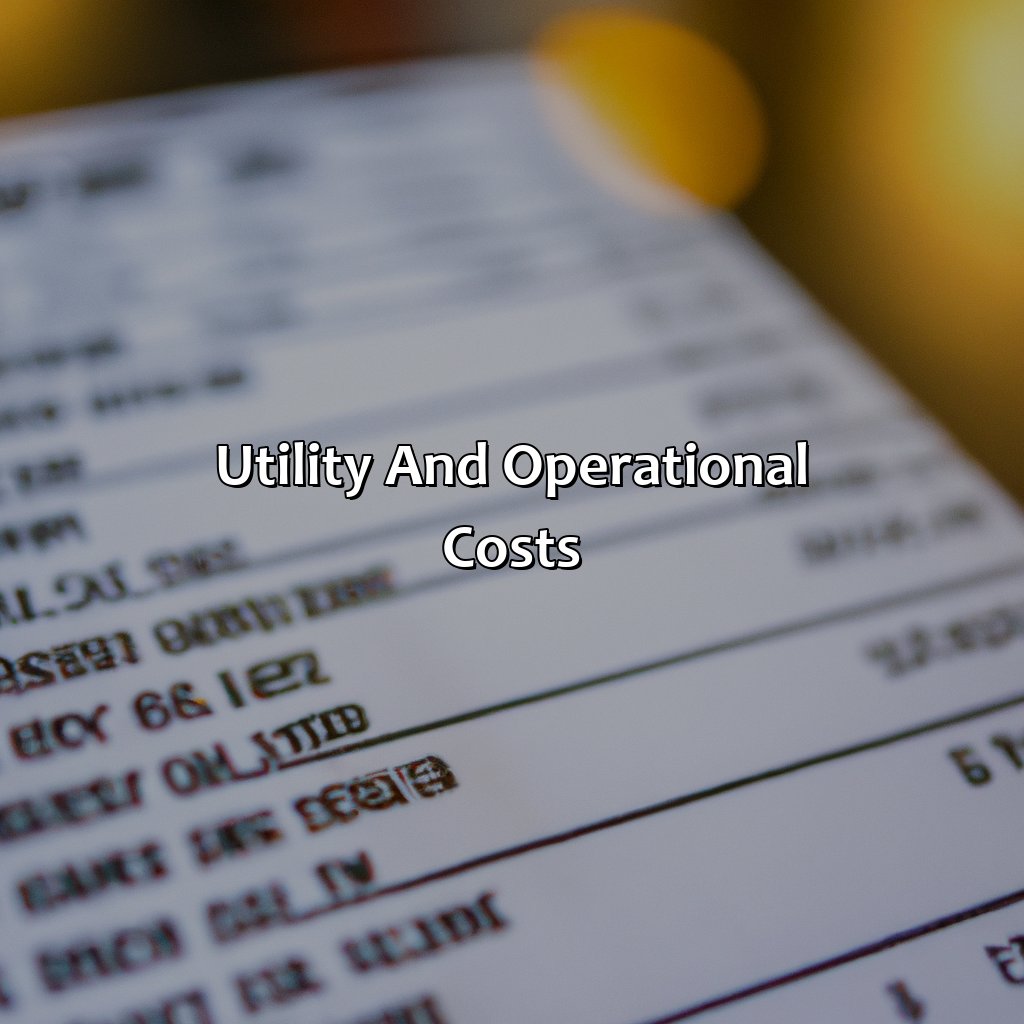
Image credits: retiregenz.com by David Duncun
Some Facts About How Much Investment Is Required for a Coffee Shop:
- ✅ The average cost to open a coffee shop is around $150,000 to $300,000. (Source: Crimson Cup)
- ✅ Startup costs for a coffee shop include equipment, inventory, rent, utilities, marketing, and employee salaries. (Source: The Balance)
- ✅ The location of a coffee shop can significantly impact its success and may require additional investment. (Source: ThriveHive)
- ✅ Additional costs may include legal fees and permits, insurance, and ongoing expenses such as supplies and maintenance. (Source: Entrepreneur)
- ✅ It is important to have a thorough business plan and budget in place to ensure the success and profitability of a coffee shop investment. (Source: Small Business Administration)
FAQs about How Much Investment For A Coffee Shop?
What is the typical investment required to open a coffee shop?
The investment required to open a coffee shop can vary depending on several factors, such as location, size of the shop, equipment and inventory costs, and marketing expenses. However, on average, you can expect to invest between $80,000 to $250,000 to open a coffee shop.
What are the main expenses involved in setting up a coffee shop?
The main expenses involved in setting up a coffee shop include leasing or purchasing a location, buying coffee equipment such as an espresso machine, grinders, blenders, furniture and fixtures, licenses and permits, marketing and advertising costs, inventory, and staff salaries.
Is it possible to open a coffee shop with a low budget?
Yes, it is possible to open a coffee shop on a low budget, but it may limit your options. You can always start with a small coffee cart or kiosk, which requires lower investment costs than a brick-and-mortar location. However, keep in mind that the success of your coffee shop will depend on the quality of your coffee, customer service, and location.
Where can I find funding for my coffee shop business?
There are several options for funding a coffee shop business, such as taking out a business loan from a bank or a small business administration, applying for a government grant, finding an angel investor, or crowdfunding. You can also explore online platforms that connect businesses with investors.
How long does it take to start making a profit in a coffee shop business?
It can take a few months to a year to start making a profit in a coffee shop business, depending on several factors such as location, foot traffic, and marketing strategies. You should also keep in mind that coffee shops have high overhead costs, such as rent, utilities, equipment, and inventory, which can affect your profitability.
What factors should I consider when choosing a location for my coffee shop?
When choosing a location for your coffee shop, consider factors such as foot traffic, proximity to public transportation, competition, parking availability, accessibility, and the overall demographic of the area. You should also consider the cost of rent and whether your target audience would be interested in visiting your coffee shop in that location.
